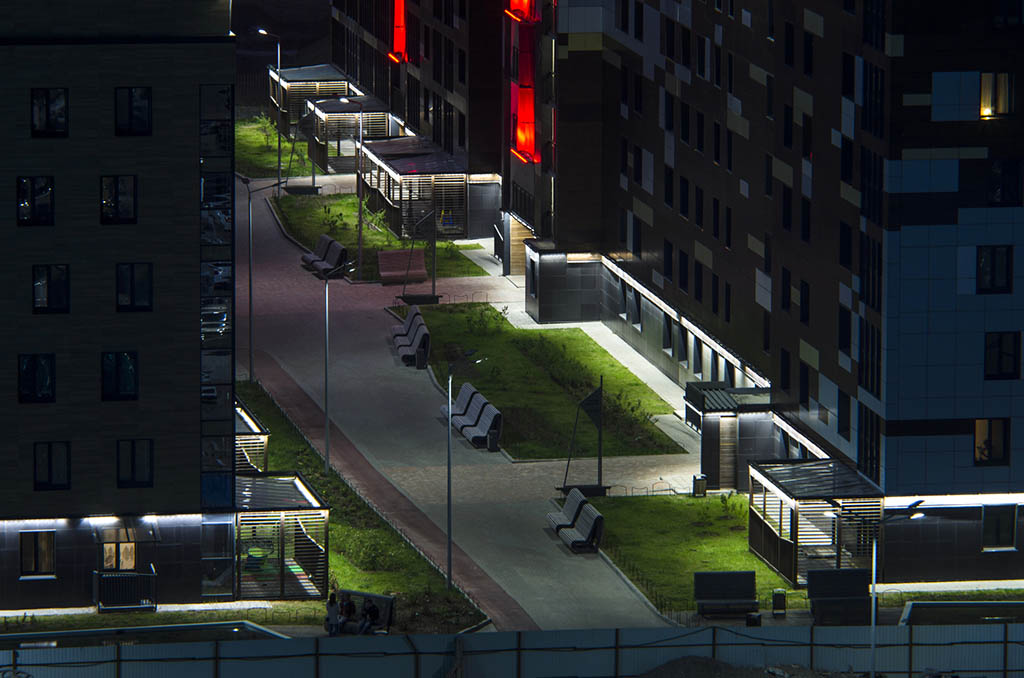Dr Andreas Procopiou
The recent electricity shortages in Cyprus have exposed deep, long-standing weaknesses in our energy system. In the crucial late afternoon and evening hours, available conventional capacity drops sharply due to frequent breakdowns or technical limits, forcing controlled load shedding.
This is not a matter of insufficient installed capacity. Cyprus has 1,478 MW of conventional generation, plus additional capacity sitting idle for lack of fuel – the result of delays in natural gas infrastructure. On paper, we have enough capacity. In practice, much of it is unavailable when needed most.
The problem is worsened by the inflexibility of our ageing thermal plants, which take hours to adjust output. This creates a daily paradox: during the day we curtail clean renewable energy to keep these units running, and at night, when solar generation drops, we cut supply to consumers. Wasting green energy by day and shedding load by night should not happen in a modern electricity system.
For years, the public debate has focused almost exclusively on adding more conventional capacity. This narrow view ignores solutions that could be deployed immediately to reduce peak demand and improve reliability – without the cost, delay and pollution of new fossil-fuel plants.
Public lighting is one such opportunity. Street and highway lighting consumes around 50 GWh/year, or 11–12 MW every night. Smart controls, dimming or partial shutdown during low-traffic periods, could free up the equivalent of a small power station right when the grid needs it most. This is a low-cost measure that could be implemented quickly.
Another proven tool is demand response. Programmes like PowerResponse in Australia reward consumers for reducing use at peak times, avoiding blackouts altogether. Cyprus already has thousands of smart meters installed, the key to enabling such schemes, but they remain unused for this purpose. A programme could start today with minimal extra cost.
These are just two of many smart solutions acknowledged in our national energy strategy but never implemented. The result is wasted opportunities and unnecessary strain on the grid. Energy storage is on the way and will likely arrive before any new conventional unit, adding the flexibility we lack. But until then, the fastest, cheapest and cleanest way to improve reliability is to control and reduce demand at critical hours.
If Cyprus wants a grid without load shedding, with lower emissions and greater reliability, our strategy must prioritise decarbonisation, smart demand control, and full use of existing technology. Storage, demand response and intelligent lighting are not distant ambitions any many other smart solutions – they are practical, proven tools we could already be using. The technology exists, the examples are clear, and the benefits are immediate. What’s needed now is the will to act, to think smart, move fast and prepare the grid to face challenges like those of recent days without sacrificing sustainability or reliability.
Dr Andreas Procopiou is a former senior research fellow in Smart Grids at the University of Melbourne and research engineer at the Électricité de France R&D






Click here to change your cookie preferences